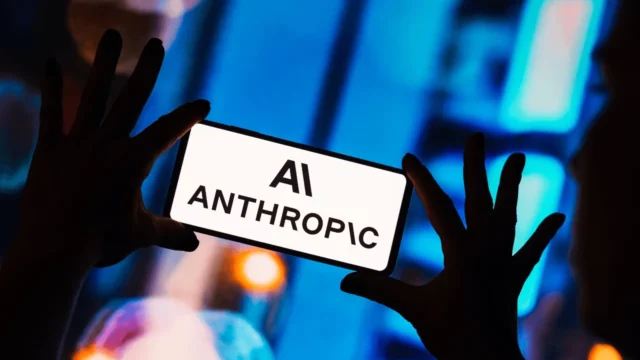For millions of Russians, staying online is no longer simple. Popular apps like WhatsApp and Telegram have faced new restrictions, while the government is aggressively pushing Max, a Kremlin-backed “super-app” designed to replace them. At the same time, mobile internet blackouts are becoming routine across the country.
WhatsApp and Telegram are restricted as Max rises

In mid-August, Russia’s internet regulator Roskomnadzor began limiting voice calls through WhatsApp and Telegram, the country’s two most popular messengers. Together, they boast nearly 190 million users in a nation of 143 million.
For many, especially in remote regions, WhatsApp is more than chat; it’s a tool for buying goods, booking taxis, or even coordinating community life. Both apps offer end-to-end encryption, making them difficult for authorities to monitor. Officials justify the restrictions by citing scams and data storage laws, though experts say it’s really about surveillance and control.
Meanwhile, Max is being pushed as the state-approved alternative. Developed by VK, the social media giant tied to Gazprom and Kremlin insider Yuri Kovalchuk, Max is marketed as Russia’s answer to China’s WeChat. It bundles chat, payments, government services, and banking, while its privacy policy explicitly allows data sharing with authorities.
Max becomes mandatory across Russia
From September 1, all new devices sold in Russia must come with Max pre-installed. Beyond that, the app is being woven into daily life:
- Schools must move parent-teacher chats onto Max
- Regional governments are adopting it for emergency alerts (Rostov)
- City services like police and fire coordination are being tied to it (St Petersburg)
- Public agencies are encouraged to migrate communication away from WhatsApp and Telegram
Even so, Max lags far behind its rivals, claiming just 30 million users compared to WhatsApp’s 97 million.
Internet blackouts become routine
Adding to the digital squeeze, mobile internet shutdowns have surged this year. Since May, every region in Russia has experienced outages, with 77 regions going dark simultaneously at the summer peak. Officials say it’s to prevent Ukrainian drone strikes, though experts doubt the logic.
Residents in cities like Vladimir and Krasnoyarsk have been offline for weeks, disrupting transport, deliveries, and remote work. State TV has spun the outages as a “digital detox,” but many see them as yet another tool of control.
Russians adapt, but options are shrinking
Some people dodge Max by claiming they lack smartphones. Others turn to VPNs or smaller encrypted apps, but VPN ads are now banned, and access could soon be restricted further.
With Russia tightening laws around SIM cards, blocking major platforms, and forcing adoption of Max, the government is moving closer to Beijing’s tightly monitored internet model.
For ordinary Russians, the message is clear: the free internet they once took for granted is disappearing and replacing it is a state-controlled app designed to watch as much as it connects.














